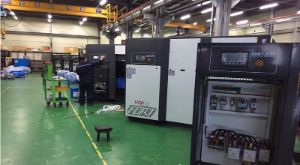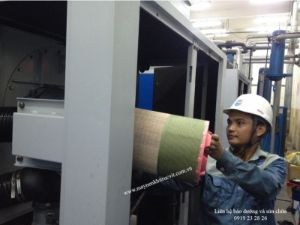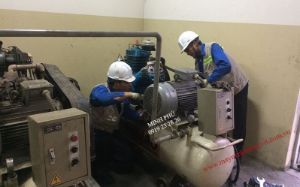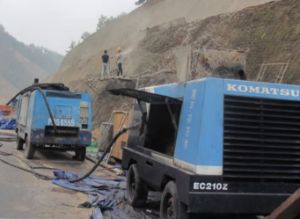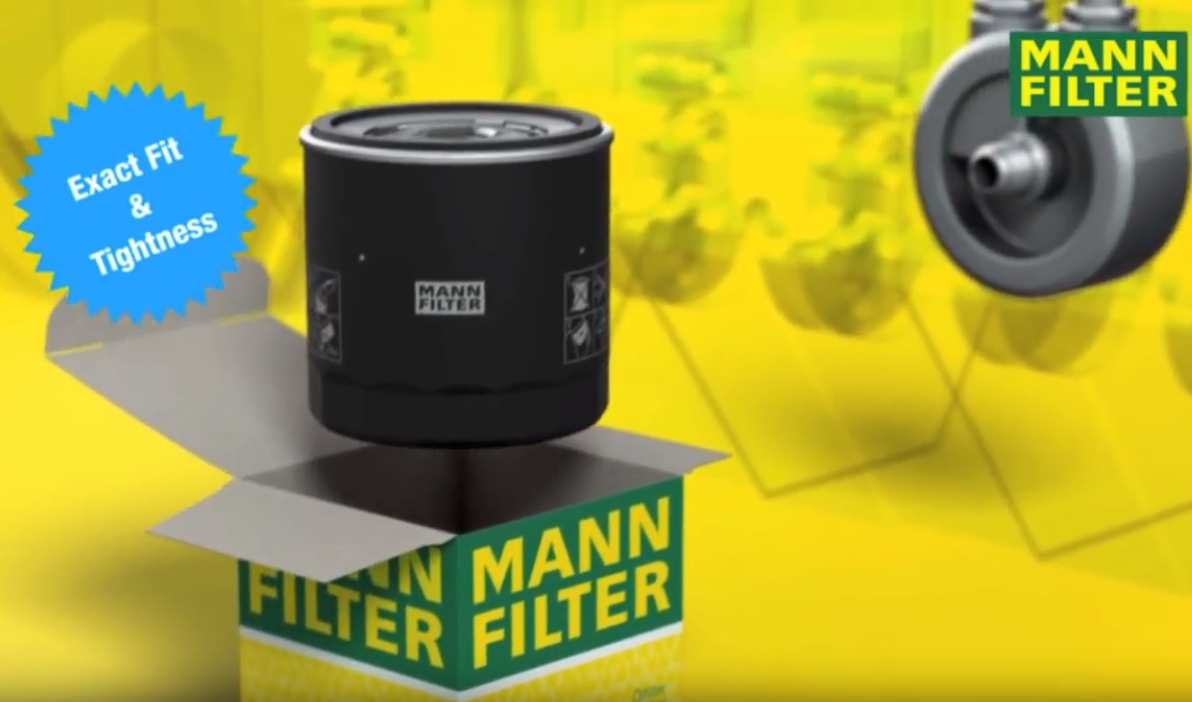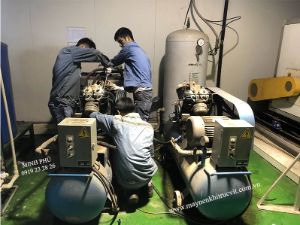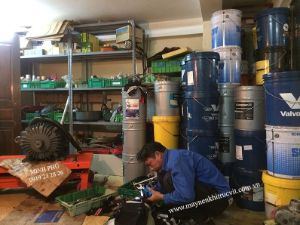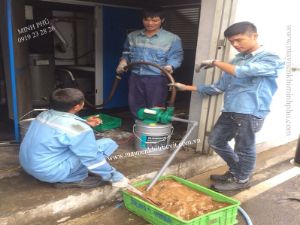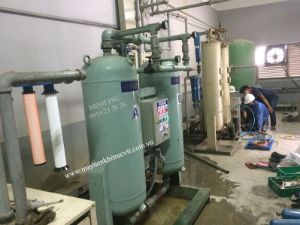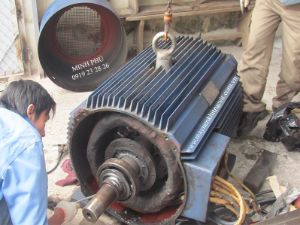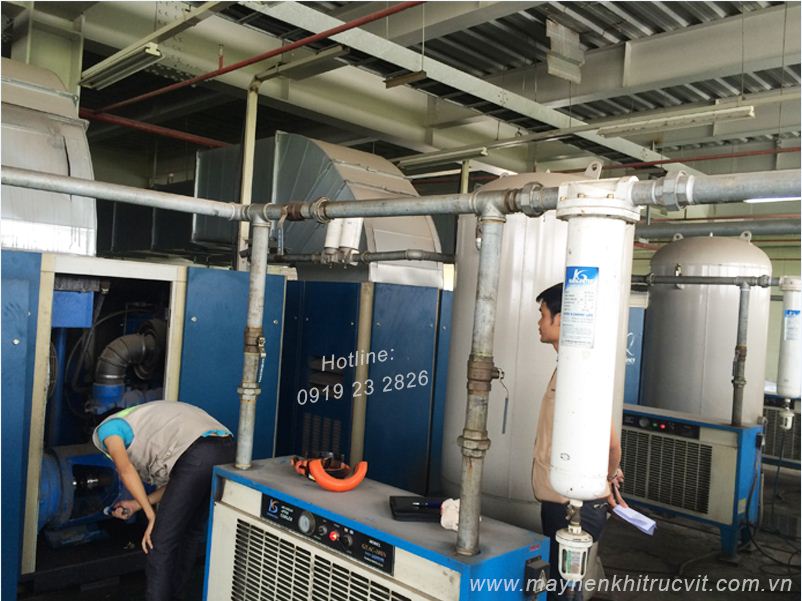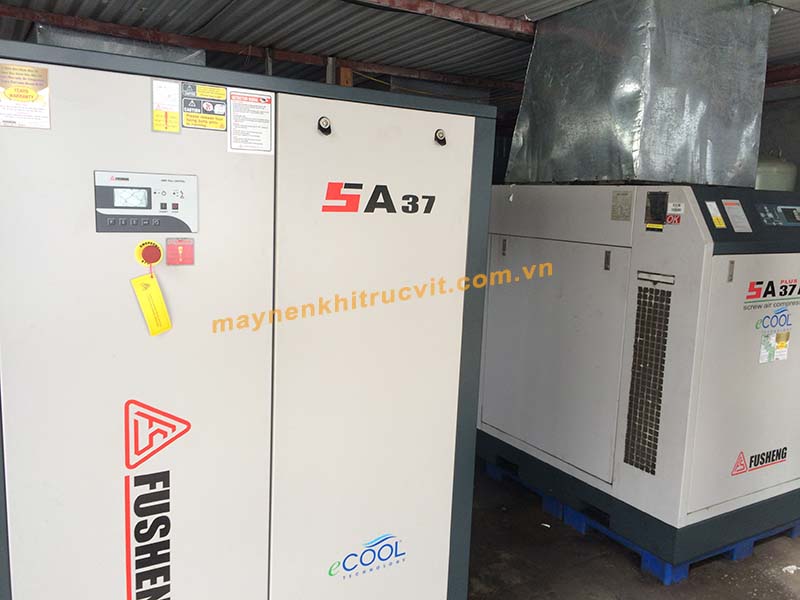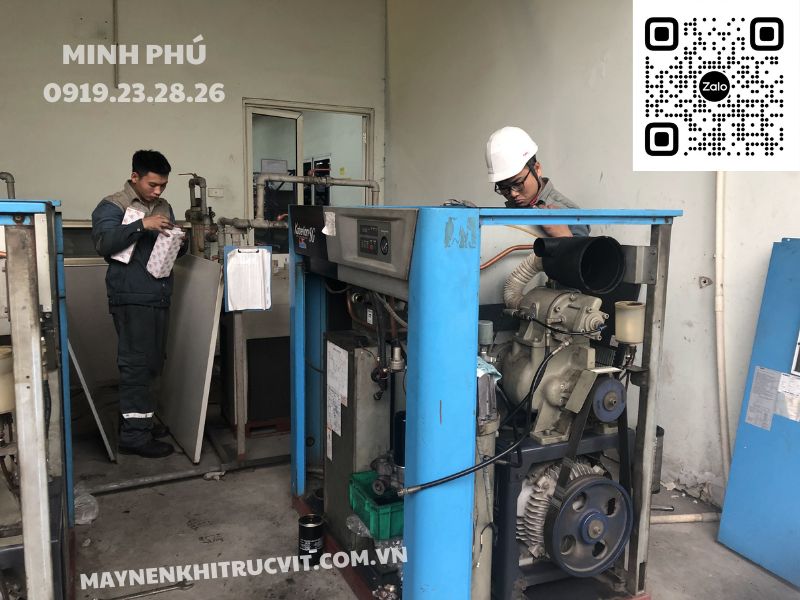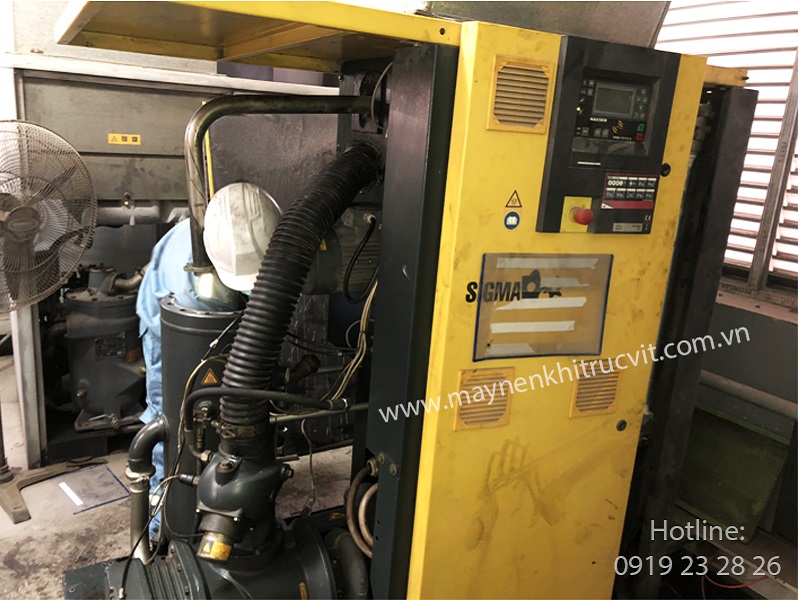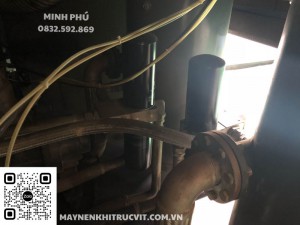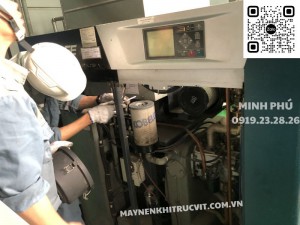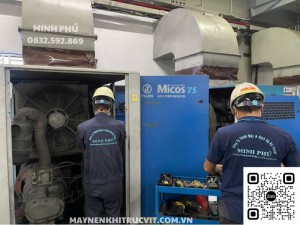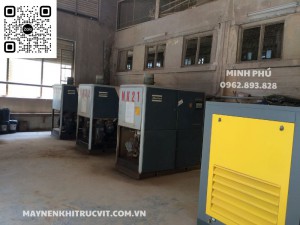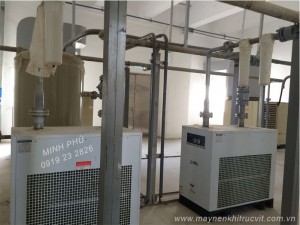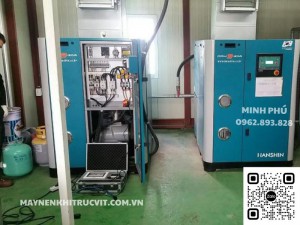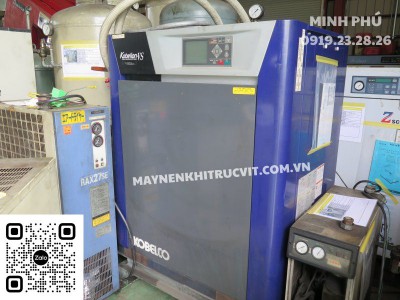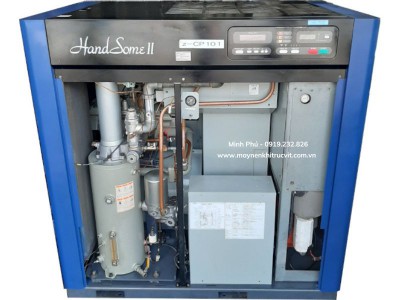COMPRESSED AIR ENERGY AUDITS
Reducing energy costs
Given that energy costs to operate a compressed air system can total upwards of 70% of overall costs, reductions in power consumption can have a significant impact on the bottom line. Studies estimate the energy-saving potential of many air systems at up to 30 percent
We offer the following services to help you evaluate, analyze and improve air system efficiency and performance.
Air Demand Analysis – ADA
Kaeser's unique Air Demand analysis (ADA) program provides a complete and accurate air demand and consumption profile. The result is a clear picture of the precise compressed air requirements.
Kaeser Energy Saving System – KESS
The Kaeser Energy Saving system (KESS) simulates the power requirements of different system scenarios. Included with an ADA, it can be used as a preliminary air system evaluation, the findings offer insight into potential improvements and accurately predict future energy savings. Performed in conjunction with our proprietary ADA, KESS uses the critical data gathered to find the most cost effective and energy-efficient solution for the specific application.
Leak Detection
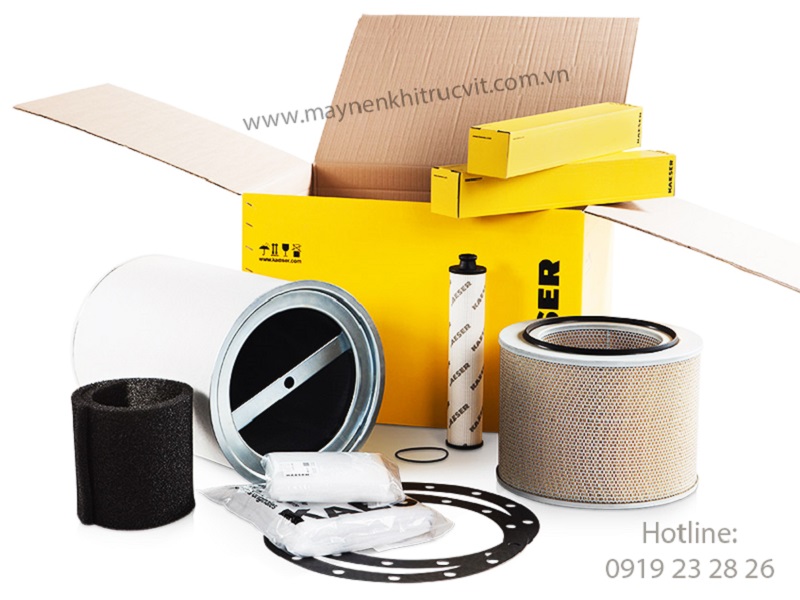
Most compressed air systems operate inefficiently. One of the leading causes of this inefficiency is leaks in the air system, leading to unnecessarily high energy costs. Many facilities can realize savings up to 50% by studying and optimizing their compressed air systems, including a leak detection audit.
Department of Energy Findings
Compressors use as much as 10% of all electricity generated in the United States. The Department of Energy estimates that as much as half is wasted, with more than 25% of all compressed air lost through leaks (some air audit professionals have found overall leak rates as high as 50%). An additional 15-25% is wasted through artificial demand and inappropriate uses.
Power accounts for 70% of compressed air operating costs. When you consider that just one 100 hp compressor consumes $50,000 in electricity per year* it becomes clear how much you stand to gain by improving compressed air system efficiency.
* Based on full-time operation at the US average cost for industrial electricity of $0.06/kWh
Những tin mới hơn
Những tin cũ hơn







